If you're left with acne scars, here's precisely how to clear (most of) them up
Including expert advice on getting rid of stubborn marks
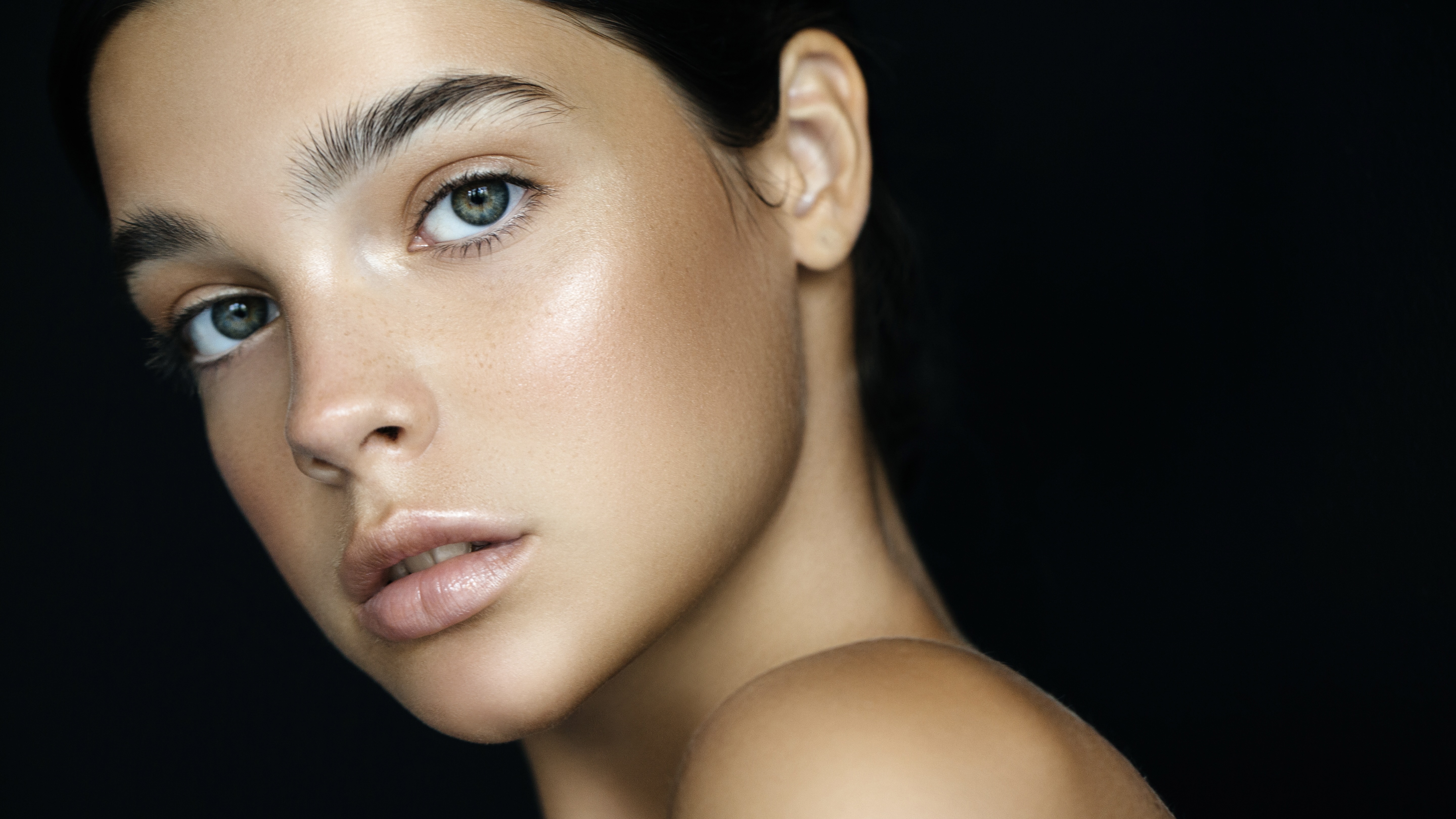
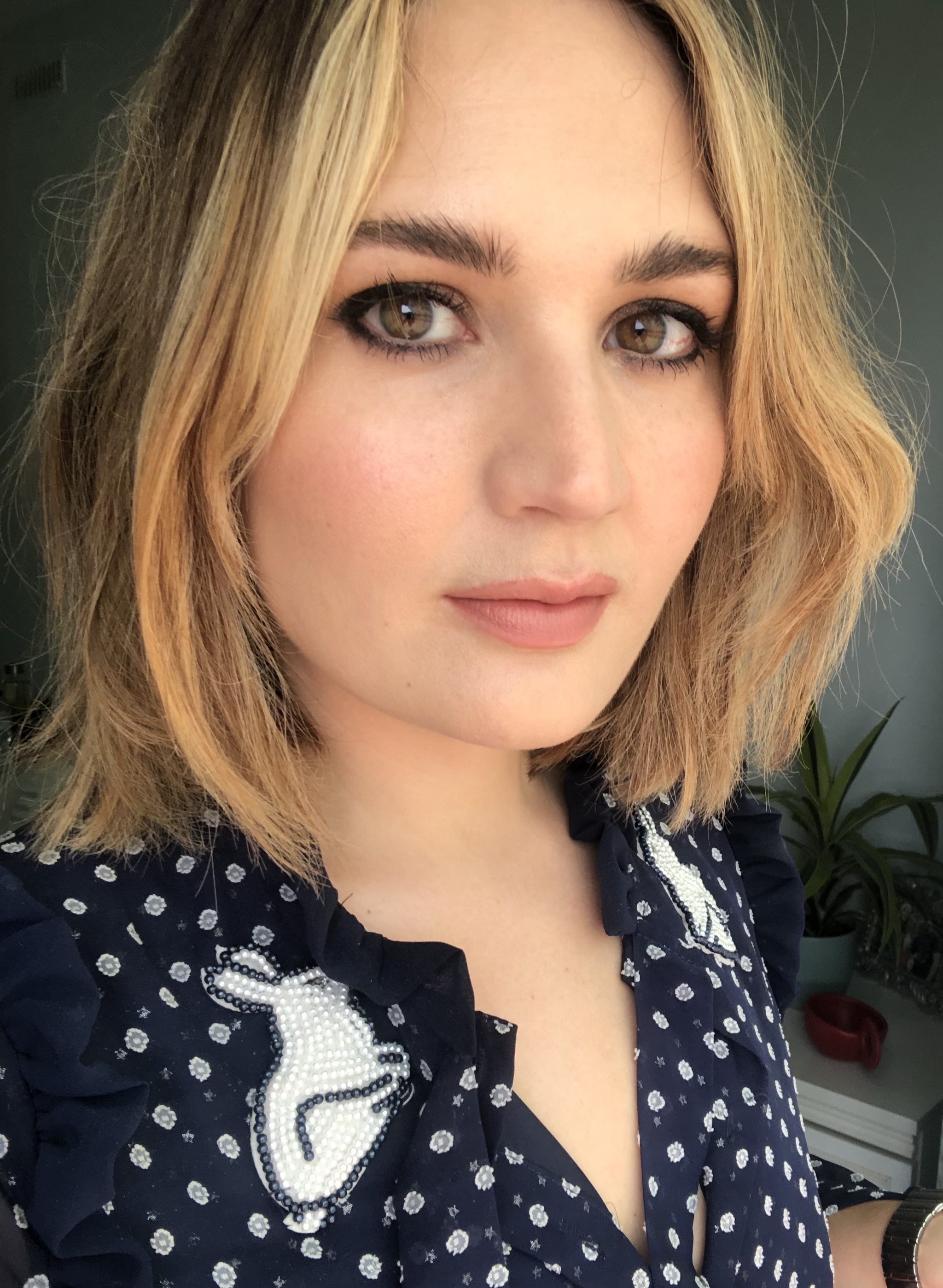
It doesn’t matter where your acne is, or how extreme a case it is, if you've got it, I'd bet that, in an ideal world, you'd like it gone. I’d also bet that your ears have pricked up every time you’ve heard someone say that they’ve found the best acne treatment, the best spot treatment or that they have nailed the perfect skincare routine for acne.
I know this because I have suffered for over twenty years thanks to an underlying hormonal imbalance (there's a reason post-pill acne is a thing) which encourages my skin to throw a wobbly every time I deviate from salubrious habits—and sometimes for no good reason at all. That’s always fun.
Nowadays, my acne is primarily under control, which means, yes, it flares up, but my skin is more clear than spotty, and the spots are episodic. My lengthy experience with acne also means I know a thing or two about how to get rid of acne scars.
And I know all too well that finding the best acne scar treatment for you isn't easy. You have have the best acne face wash, the best moisturiser for acne-prone skin and even the best acne body wash, and scars can still persist. Which is why I've decided to combine my experience with some expert help to compile this simple guide on the best acne scar treatments and how to get rid of acne scars.
First, decide what kind of acne scar you have
This might sound painfully obvious, but just like the different types of acne, there are different types of acne scar. There is a vast difference between how you should treat a red retreating spot vs. stubborn pigmentation left in its wake. Equally, a pitted scar is an altogether different matter to a box scar.
Can you really get rid of acne scars?
Did you notice the 'most of' them part of the headline of this story? That is there because, yes, acne scars can be cleared up, but sometimes not fully, and not every type (even with laser treatment). I wish that weren't the case and that I could tell you there's a nice catch-all acne scar cure, but I have put some serious hours into researching and, trust me, there isn't.
That's not to say you can't make a huge difference—often people will tell me they're surprised that I'm a proper acne sufferer, because mine have healed so successfully.
Marie Claire Newsletter
Celebrity news, beauty, fashion advice, and fascinating features, delivered straight to your inbox!
I'll put my product recommendations below, but here's Clinical Aesthetician Pam Marshall's guide to dealing with different sorts of acne scars to which she added, "Whatever you're doing, trust your gut. If you're using actives and your skin gets irritated, pull back. The longer route is always better than the shorter one."
Red acne scars
These fresh, new scars need to be treated gently and Pam advises ideally with "a well-formulated product, which might include PHAs and maybe some Vitamin C." (I've got suggestions below.)
In my experience, these acne scars, if left alone, flatten quite quickly and can be concealed until they disappear. Remember to always wear SPF (there are loads of good sunscreens for acne) when these are healing (you should wear it anyway, of course) to reduce the likelihood of them turning into a stubborn patch of pigmentation.
Pigmentation acne scars
Similarly to red acne scars, Pam says, "Pigmentation scarring left to its own devices would go eventually on its own, but PHAs and vitamin Cs are good ingredients to deploy."
I also find that sometimes targeted products can help this sort of scarring to fade.
Boxcar acne scars
These oval or round depressions in skin can occur on their own or grouped, and, according to Pam, microneedling is the best way to approach reducing these once the acne has calmed down—though it is worth going to see someone who can assess how deep yours are, and whether they might be remedied with targeted skincare or with a resurfacing treatment like microdermabrasion.
Ice pick acne scars
These deep scars get their name from the shape of the indent—wider at the skin's surface, and a sharp point at its deepest.
They're challenging to treat and absolutely need to be seen to be a professional. Pam says that "some dermatologists will stitch them."
The best acne scar treatments
As a beauty journalist who has battled acne scarring for many years, believe me when I say I've trialled and tested my far share of acne scar treatments. Below is my pick of the best acne scar treatments I've ever tried.
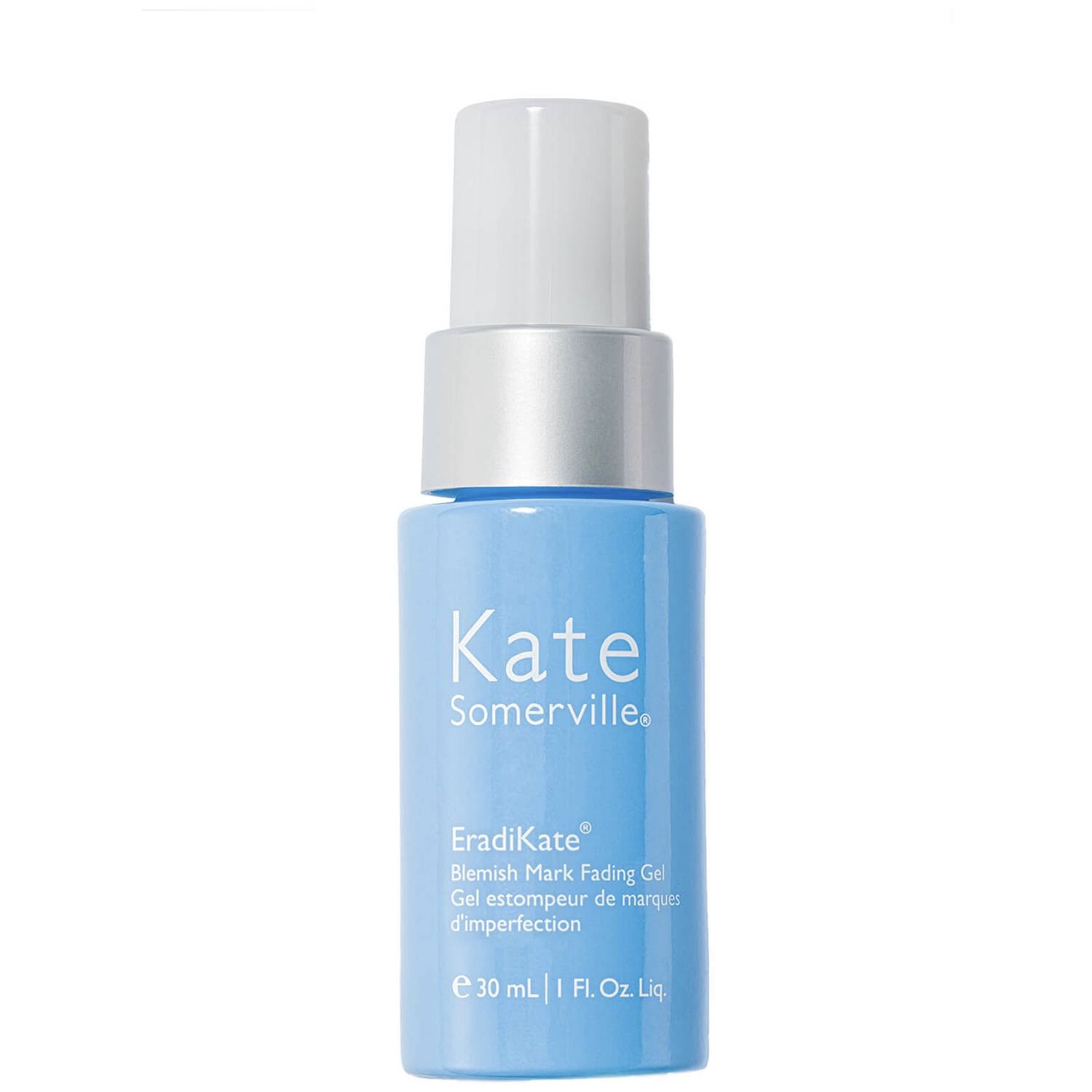
This clever gel helps to balance the skin's surface (which btw is always thrown out of whack when you have spots) while treating it to some gentle exfoliation. This would be perfect on retreating redness or on pigmentation left behind by acne.
For
- Gently exfoliates
- Respects the skin's barrier
- Salicylic acid will help to keep spots at bay
Against
- Can only treat surface acne scars
- You must wear a high SPF while using
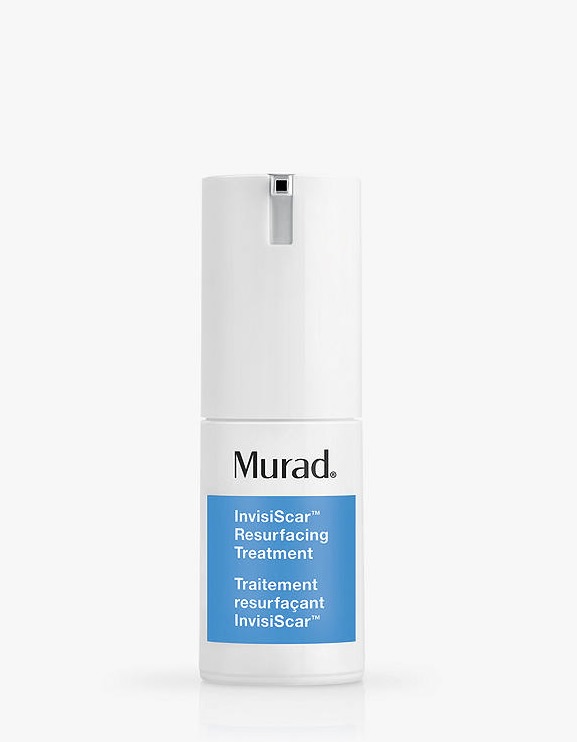
This smooths, blurs and treats with a combination of in one, and it is therefore very deserving of a place on your beauty shelf if you have acne scars. It feels a little like a paste, and all you do is gently slide it onto scarring, after which you can apply SPF and concealer if you want to (tap it on, so you don't disturb the treatment underneath).
For
- It smooths and blurs scars while on
- It reduces texture and fades scarring
- Can be used am and pm
Against
- You must wear a high SPF during the day while using
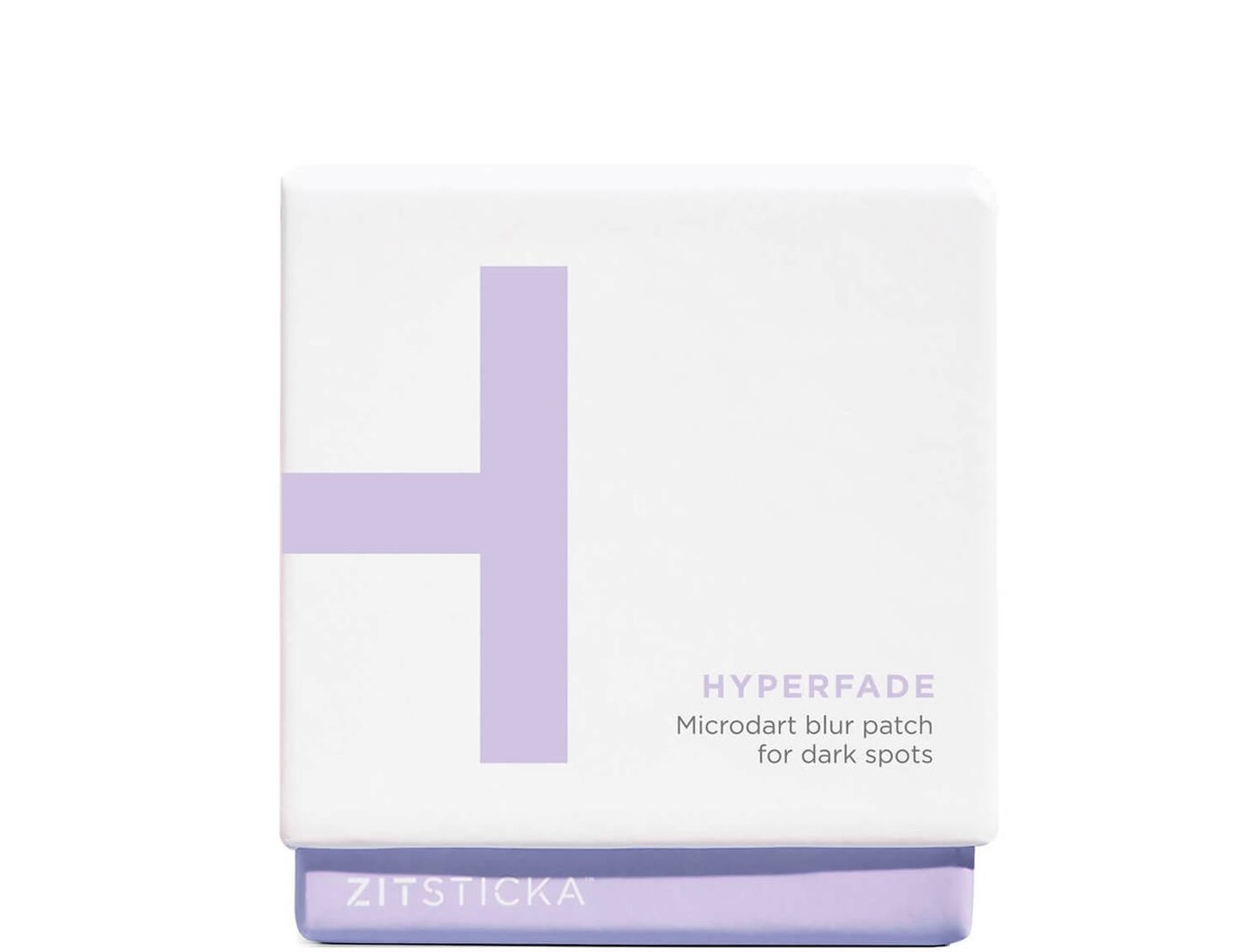
These are such a clever idea: all you do is stick the little transparent dots onto skin for the micro darts to press their pigmentation-nixing goodness to go to work. In the mix is a potent combination of niacinamide, vitamin C, and hyaluronic acid.
For
- Treats pigmentation left behind by acne
- Is easy to apply to dry skin
- Can be worn under concealer
Against
- They're single use
- They're relatively expensive
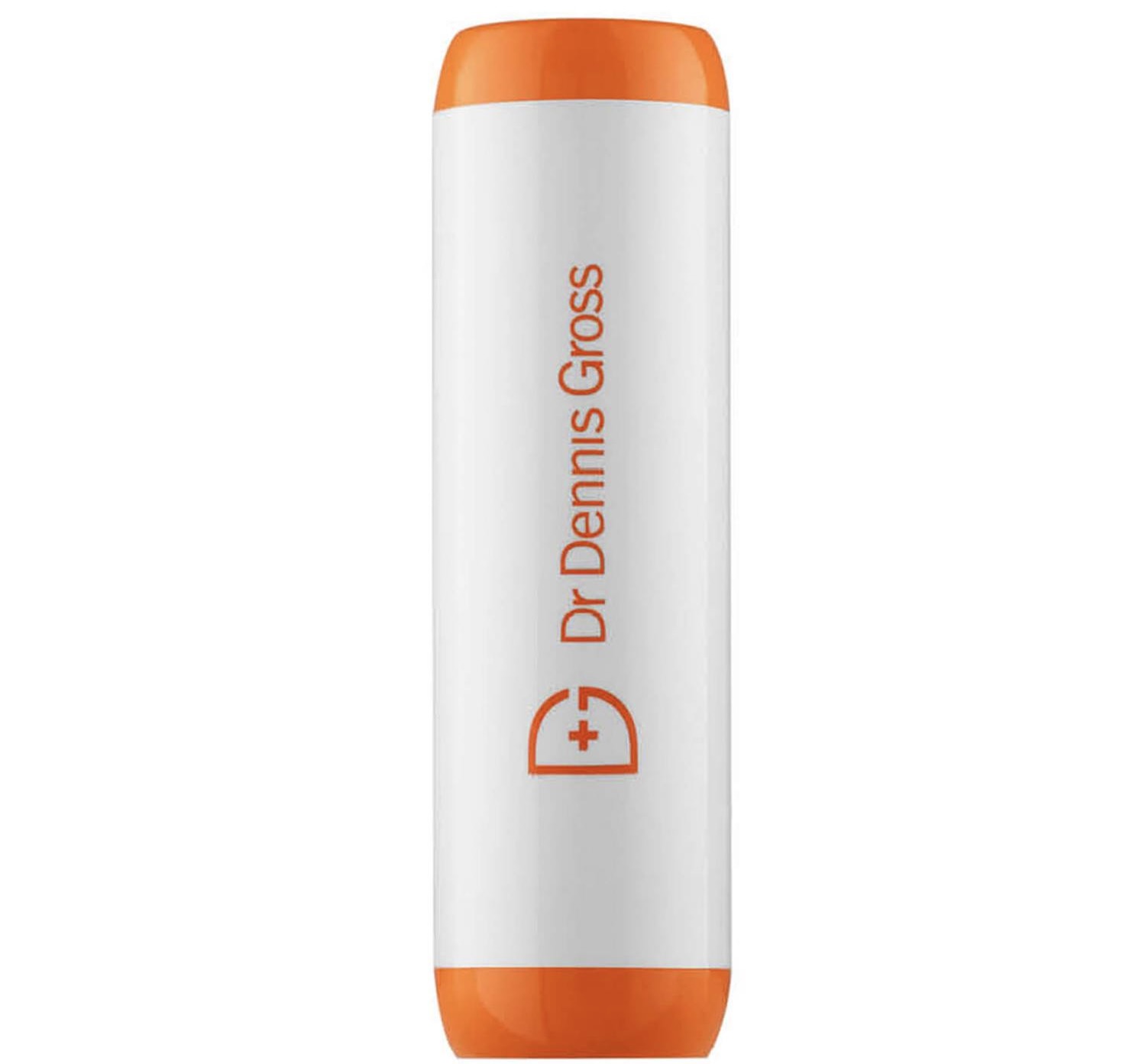
Hold this light over spots and it'll reduce inflammation and help to clear them, and it does the same to scars - though it's worth noting that if the scars aren't red anymore, or if there's no inflammation, it is unlikely to have a dramatic effect.
For
- It reduces spots and scars simultaneously
- You can use it repeatedly so it's good value
Against
- The initial cost outlay is quite a lot
- It won't treat textured scars
- It takes a bit of time to treat big areas
Madeleine Spencer is a journalist and broadcaster who has contributed to titles including Grazia, Glamour, InStyle, The Independent, The Evening Standard, and Stylist, as well as offering commentary for the BBC, Sky News, and ITV.
She is keen on exploring the significance beauty rituals, products, and memories have on people from different walks of life, and enters into conversation on the topic with guests on her podcast, Beauty Full Lives.
-
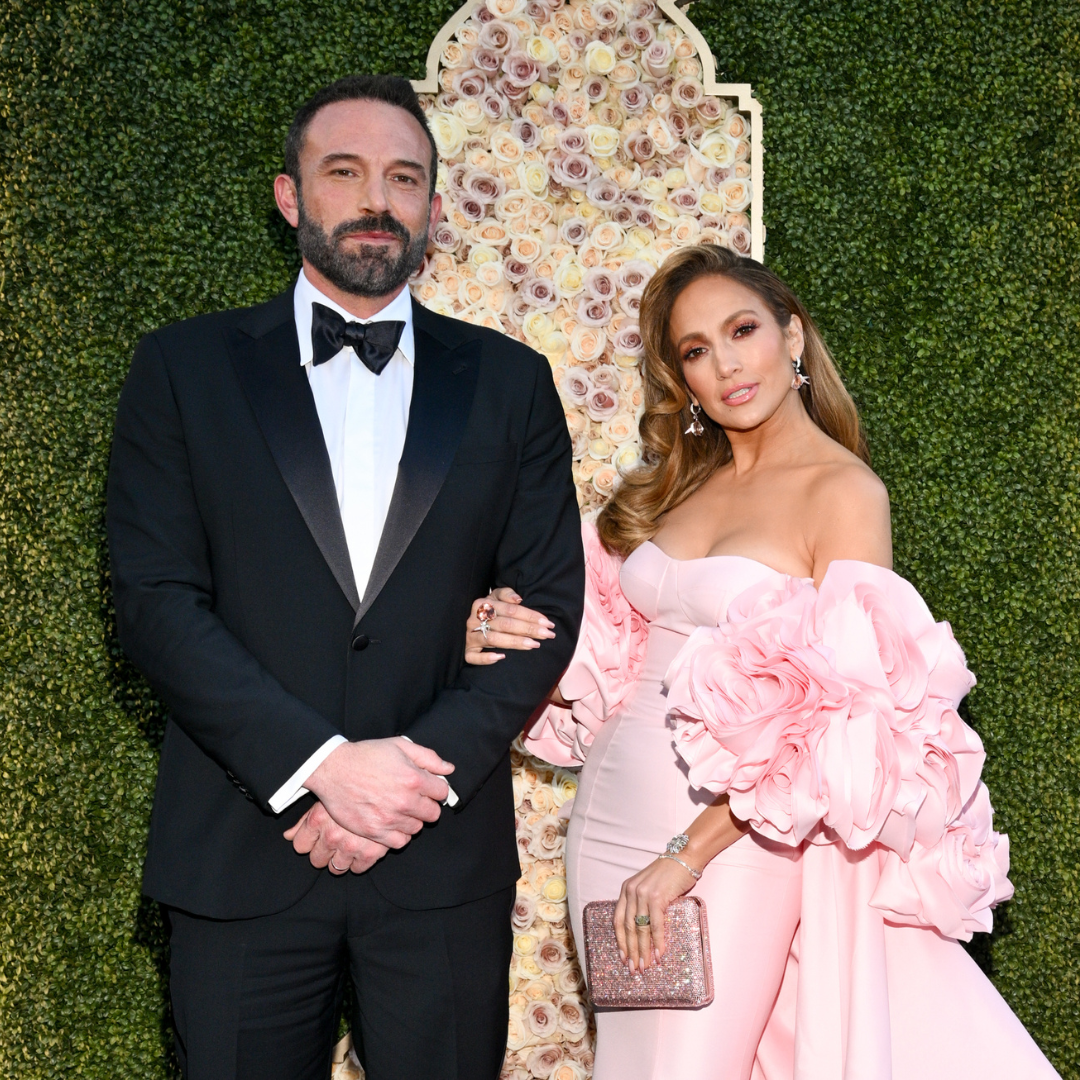 How Ben Affleck feels about dating after his divorce from Jennifer Lopez
How Ben Affleck feels about dating after his divorce from Jennifer LopezHe's taking it slow
By Iris Goldsztajn
-
 Dior travels to Kyoto for a cherry blossom-inspired fashion show
Dior travels to Kyoto for a cherry blossom-inspired fashion showHere's everything you need to know
By Clementina Jackson
-
 Prince Harry's calls and letters to King Charles 'go unanswered,' source claims
Prince Harry's calls and letters to King Charles 'go unanswered,' source claimsThings aren't looking up between the royals
By Iris Goldsztajn